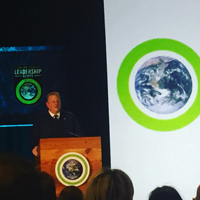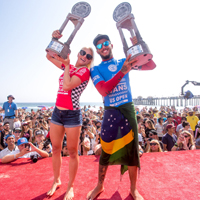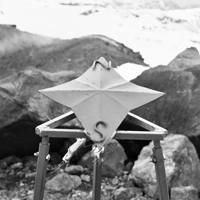At a potential $11.6 billion price tag, if the deal goes through, Monster would be the largest acquisition Coca-Cola’s ever done. Full Throttle, Coke’s energy drink in this space, simply doesn’t cut it when it comes to energy drink preferences among youth culture, which is the main reason Coke’s after Monster.
As we’ve noted over the years, one of the greatest changes in the landscape of the competitive beverage wars is that Energy Drinks are now among the top favorite beverages among 13-25-year-olds. It’s not all about the Cola Wars which is one reason Coke launched Full Throttle to begin with. In our new Spring Youth Culture Study 2012, released just 2 weeks ago, we take a look at the changing landscape of beverage preferences among youth culture in the United States. The competitive landscape has changed dramatically to the point where there’s an entirely new generation of teens, for example, growing up preferring beverages that actually have nothing to do with soft drinks. This flies in the face of say, Coca-Cola sponsoring the London Olympic Games, which is desperately trying to attract youth culture and bring back a sense of relevancy to their lifestyles.
In our data, we have years of tracking such changes, and which brands resonate the most and why. Key event sponsorship has much to do with it, and many brands got caught out of the loop when it comes to sponsorship that means the most to younger demographics. In our data, ranking of soft drinks, water brands, energy drinks, tea, and more reveal how much the beverages industry is under its own transformation.
If the Coke-Monster deal goes through, it’s another case of a brand not being able to attract youth culture (think Nike buying Converse) with its own initiatives and instead, buying-up the competition to force their way into the space.
For more information about beverage preferences, energy drinks, and the changing landscapes of beverage sponsorship in youth culture, check-out our Spring Youth Culture Study 2012.


